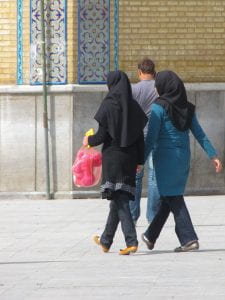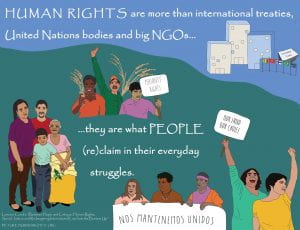by Professor Margherita Pieraccini, Professor of Law at the University of Bristol Law School
As 2024 is drawing to a close, Conferences of the Parties (COPs) of three major Multilateral Environmental Agreements are happening in close succession: COP 16 of the Convention on Biological Diversity (CBD) was held between end of October and the beginning of November, COP 29 of the UN Convention on Climate Change (UNFCCC) is happening in mid-November, and COP 16 of the UN Convention to Combat Desertification will take place in early December. Although exploring the synergies between these three COPs is of great importance and their close temporal proximity this year facilitates such discussion, I will focus solely on the CBD COP 16 as I had the opportunity to attend it in person as a University of Bristol academic observer. (more…)









